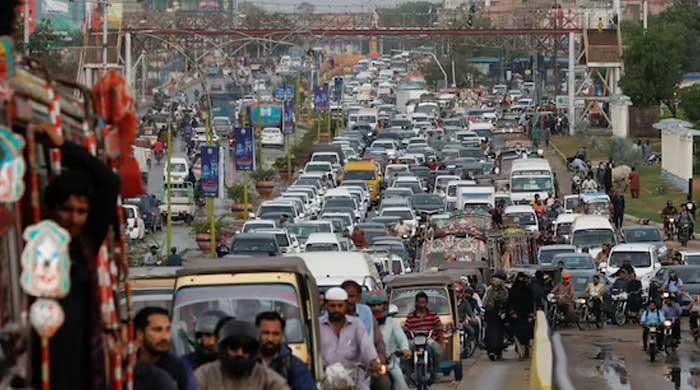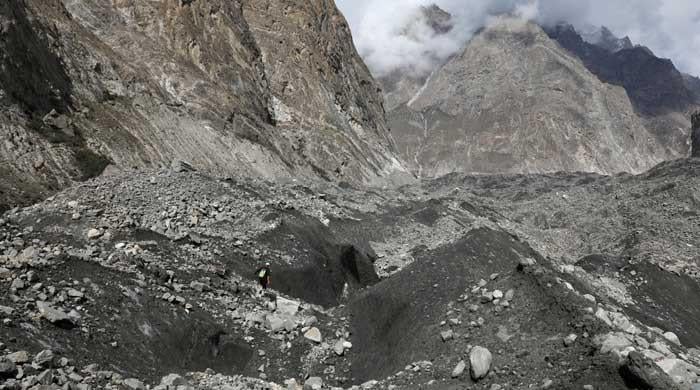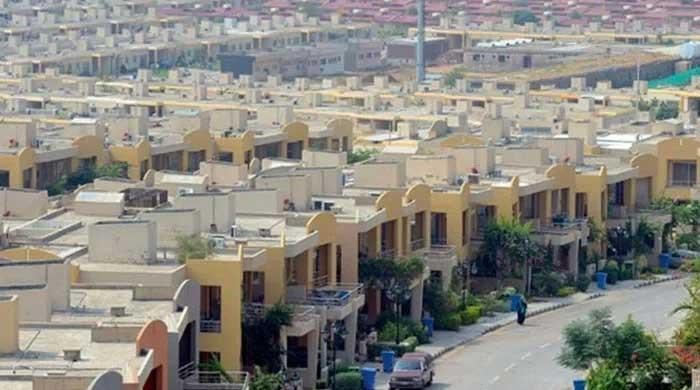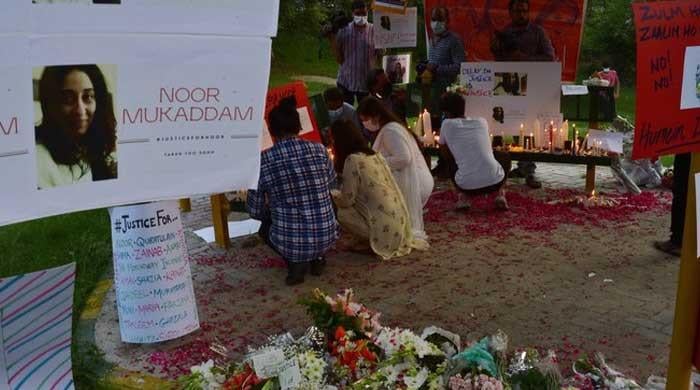Cry me a flood, win me an election!
Pakistan does not have a budget for natural disasters which is why the government is always slow in reacting to help the affected population
December 23, 2022
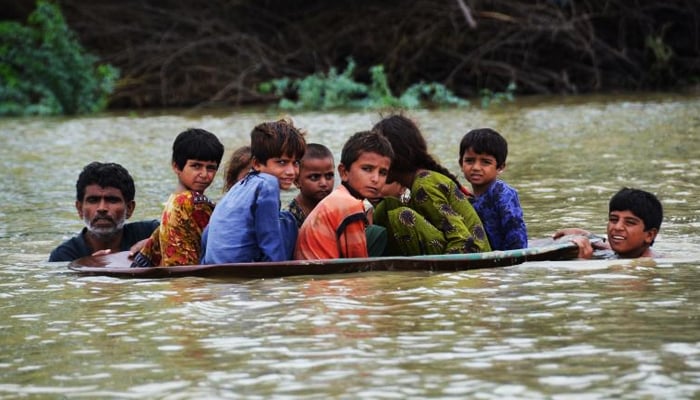
Pakistan does not have a budget for natural disasters which is why the government is always slow in reacting to help the affected population. If learned anything from this year’s flood, it is that the country needs reserve funds for the rehabilitation of the affected population when natural disasters hit, which will be a recurring event, no doubt.
The floods submerged one-third of the country in June and are still reeling months later. The rescue and rehabilitation mission has been tough and still not enough as millions still wait for relief to reach them.
They are living in makeshift shelters or tent communities trying to survive the winter months. There are still many people who are still waiting for government shelters and supplies, barely surviving huddled in small tents to survive.
Feeding millions of hungry people, especially children, is also a big problem that the government needs to address to ensure there is a constant supply of food for the flood affected.
There are still several places deprived of a proper supply of food, which means the number of people starving is increasing — another severe problem emerging post-floods.
According to the Pakistan National Disaster Management Authority (NDMA) about 1700 people died in the floods, 12, 867 injured, and more than 1.1 million livestock were killed. About 900,000 houses have been destroyed by the flood, while 1,391,467 were partially destroyed.
More than 10 million children are vulnerable and need immediate support in the flood-affected areas, "hundreds of thousands of homes have been damaged or destroyed, while many public health facilities, water systems and schools have been destroyed or damaged," according to UNICEF.
With the onset of winter, things are getting more dangerous as more people are suffering from diarrhoea, respiratory infections, allergies, painful skin conditions, typhoid, malaria, and dengue fever.
The other important things that the flood-affected need are medicines and medical experts, and warm clothes.
Another serious point that the government should be working on is cultivation. Water still covers a large area of land, making rehabilitation of the population and cultivating the large plots of land impossible.
The government must take steps to do something about the imminent food crisis and take steps to ensure that the country does not have a food shortage and finds an alternative way to begin exploring and putting into place alternative cultivation methods so that the country does not have to spend on importing food.
Importing food will be a huge burden on the already fragile economy, causing prices and tempers to rise. History reveals food riots have led to quite dangerous consequences which haven’t benefited anyone — government or opposition.
It is about time the flood and its ongoing consequences be at the top of the political agenda in Pakistan. The government and opposition divas should put down their differences and put a stop to the political drama — for now — to focus on the more important things.
A country facing serious problems like depleting reserves, a risk of default, and a huge debt, will only make matters worse with needless expenditure on elections.
It is just like binge online buying when you are depressed, charging your card even though you have no money in the bank.
And if the elections are held, it will deprive the millions of voters who will not be able to participate as they have moved to other areas, far from their constituencies.
Also, many people have lost their documents — national identity cards — with their homes. Issuing the cards and verification will take time.
And at this point, an election will cost us about Rs47 billion, while the post-flood damages in Pakistan will exceed $14.9 billion, and total economic losses to reach about $15.2 billion.
It makes sense to spend the money saved from elections on the flood-affected people and help them to rebuild their lives and move back to their homes. The political parties can think of this as saving their drowning vote bank if nothing else.
This may help them to do their job by helping the people and help them improve their image by making a good impression in the minds of their voters.
Their good actions will translate as more votes in the next election, and they can go back to their favourite political drama.
It is still not too late for Pakistan’s political leaders — opposition and government — to focus on saving the country and its population and win the next election.




